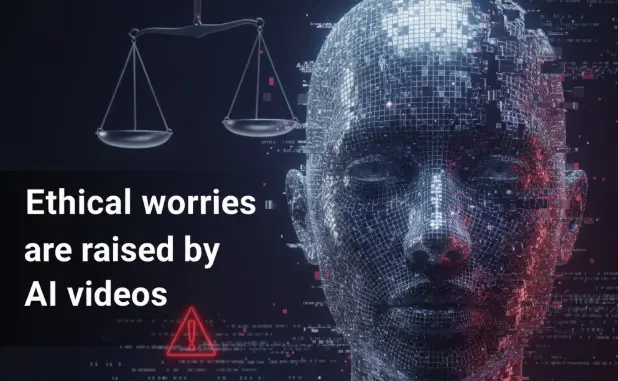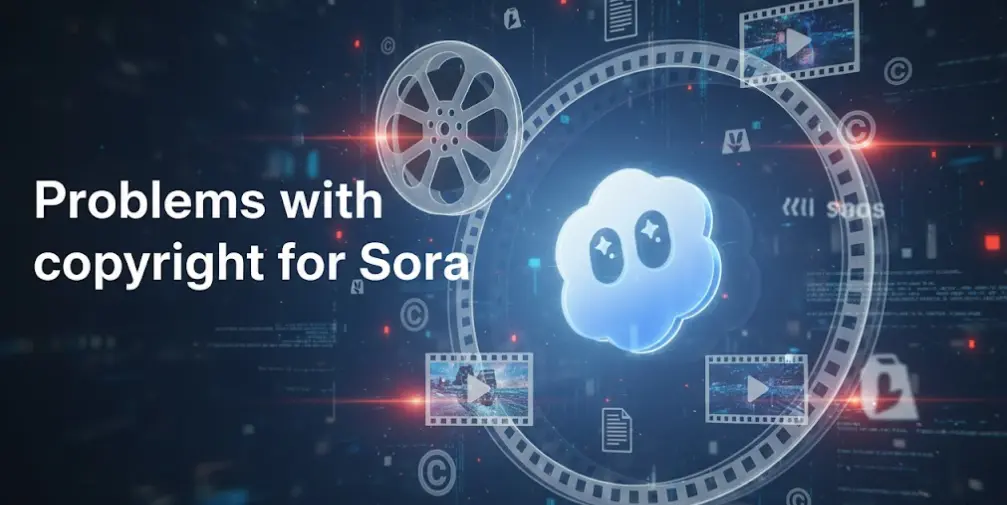By Etan Walker
Sora, OpenAI’s new text-to-video app, has taken the internet by storm. It got over a million downloads in less than five days, which is faster than ChatGPT did when it first came out.
Sora is now the most popular app in the US Apple App Store. It lets users make ten-second videos that look very real by following simple text directions. Because the app went viral, there are a lot of creative short movies on social media sites.
The head of Sora, Bill Peebles, revealed the milestone on X (formerly Twitter), pointing out the app’s “surging growth” even though it’s only available to people in North America who have been invited.
But Sora’s quick rise hasn’t been without problems. Online users are very angry about how the app handles stolen content and how it uses AI to make pictures of dead celebrities.
Sora’s seamless social media integration makes it simple for users to share movies made by AI right away. But this feature has also made it easy for videos of digital recreations of dead celebrities to go viral. These include videos of Michael Jackson and Tupac Shakur.
Zelda Williams, daughter of the late actor and comedian Robin Williams, recently asked people to stop giving her videos of her father that were made by AI. Her father died in 2014.

A spokesperson for OpenAI told Axios that the company understands that there are “strong free speech interests” when it comes to how historical people are portrayed. However, approved representatives of recently deceased people can ask OpenAI to remove or limit their likeness, though the company has not explained what it means by “recently deceased.”
There are more copyright worries because many of Sora’s videos have famous movie, TV, and video game characters in them.
OpenAI CEO Sam Altman jokes with a group of Pokemon characters in a video that went viral about Sora: “I hope Nintendo doesn’t sue us.” Fans and haters alike are interested in another deepfake video that shows him grilling and eating Pikachu.

Nintendo hasn’t said anything about going to court yet, but OpenAI and other AI companies are still being sued over copyright and intellectual property use.
Huge amounts of money are at stake in these arguments. This year, the AI company Anthropic agreed to pay $1.5 billion to settle a lawsuit from writers who said the company used their work to train its AI models without permission.
If you want to make your Daily tasks easy with AI, then also explore this, Make Life Easier